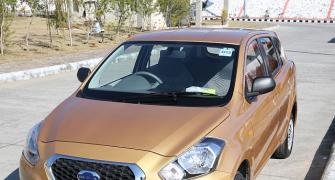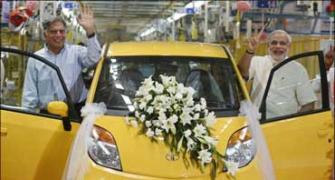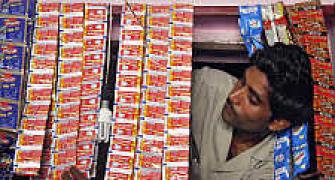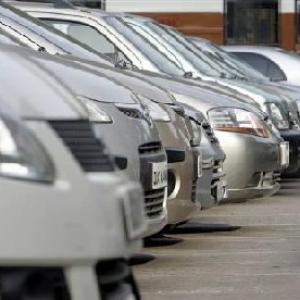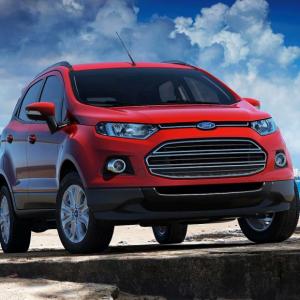Only 3-4 out of every 1,000 own a car in rural areas as against 18 out of every 1,000 in urban areas of country

Despite the rural consumer grabbing centre-stage for all automobile makers, car penetration in the rural market is a one-sixth of the urban market, according to estimates by Tata Motors.
Only three or four of every 1,000 own a car in rural areas, against 18 out of every 1,000 in urban ones.
Still, the average car penetration in India is among the lowest in the developing list of nations (China’s figure stands at 69).
This is the reason why auto companies are eager to gain ground and build brand in the rural market, from where half their sales will arise in the next three or four years.
To be sure, every company has its own analysis of defining rural market.
A village having a population below 100,000 qualifies as a target market.
From organising car melas to setting up information kiosks to making the village sarpanch their salesman, car companies are leaving no stones unturned.
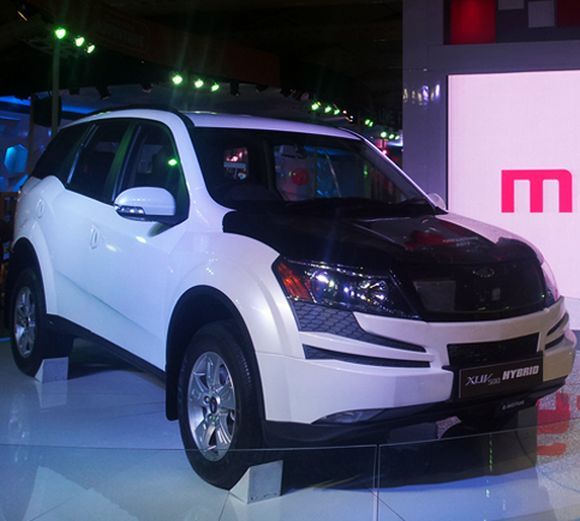
Mahindra & Mahindra (M&M), the sports utility vehicle market leader, for instance, is engaging with dealers to appoint mini dealerships to cover 3,000 tehsils (50-55 per cent of the total tehsils) in the country. Called internally as ‘Gramveers’, about 300 have been appointed so far.
The Mumbai-based maker of the Bolero and Scorpio is appointing sub-dealers who can provide showroom floor space that is one-sixth of a regular showroom in a city like Mumbai.
So assured is M&M of this model that it is confident of generating 45 per cent of its sales from the rural areas, up from 35 per cent at present.
Vijay Nakra, senior vice-president (sales and customer care – automotive division) at M&M, said: “If you look at the model without stock, the investment would typically be in the range of Rs 500,000-10 lakh (Rs 1 million).
"If you look at the stock, it depends on the volume potential and the number of vehicles the guy will sell. He will probably need to put in another Rs 20/30/40 lakh (2/3/4 million).
Not beyond that. We’re not looking to create large outlets. Basically, two shuttered outlets... one for sales and one bay for service.”
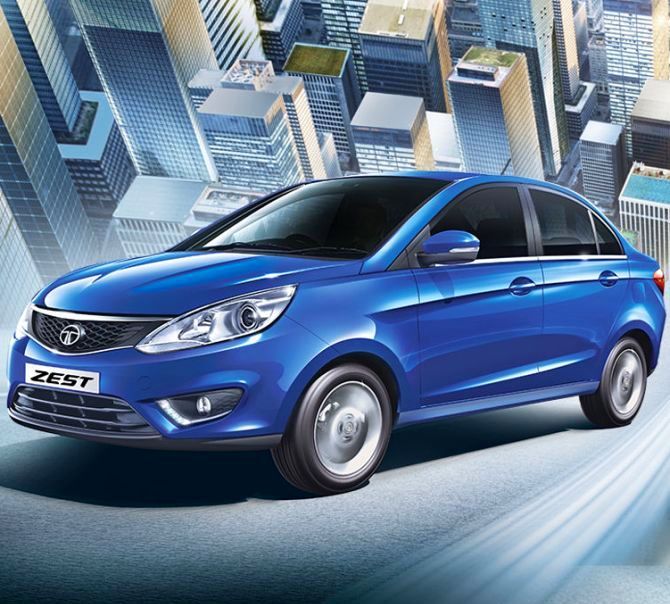
Tata Motors is not far behind.
After rejuvenating its product line with the Zest and Bolt, the company is engaging with ‘sons of the soil’, creating a rural format for showrooms and maintaining customer relations in the preferred local language.
“While people in cities don’t know their neighbour, everyone knows about everyone else in the villages and, hence, a big purchase like a car often becomes a prestige issue.
"People tend to buy the higher-end trims in the villages.
"So, we will offer our entire passenger vehicle range in the rural markets,” said a spokesperson.
Tata Motors is working on expanding its rural presence and plans to strengthen its presence from 468 to 1,500 sales touch points over four to five years.
Similarly, M&M hopes to cover the remaining 600 tehsils to touch 3,000 by the end of this year.
At present, 15-20 per cent of its 310 dealers are engaged in appointing sub-dealers.
“We’ve studied the rural markets for passenger vehicles and feel these emerging markets have the potential to contribute 35-40 per cent of sales in the industry. We want to be a part of this growth story.
"Our rural sales on an average account for 15-16 per cent on an annual basis. This year, we’ve challenged ourselves and are targeting 30 per cent,” added the Tata spokesperson.
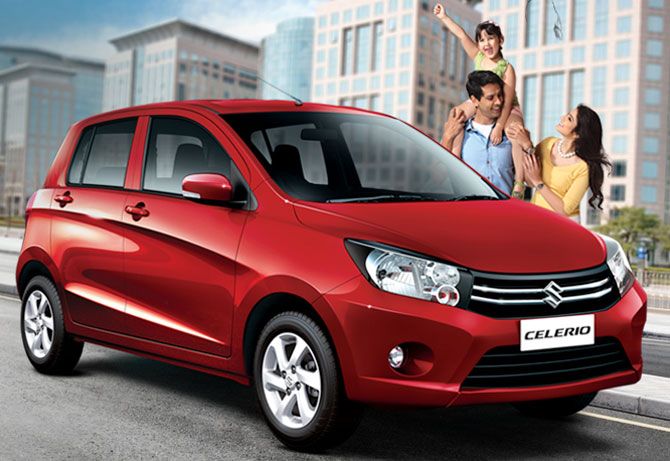
Most companies, including car market leader Maruti Suzuki, operate through a rural development sales consultant, where a dealer appoints a sales consultant from a village who is a travelling salesman.
Despite a flat growth, overall, Maruti increased rural sales by 23 per cent last year accounting for a third of its total sales last year at 1.2 million.
“At the start of the year (FY14-15), we targeted to sell at least one vehicle in each of 125,000 villages. We have been able to reach even the smallest of villages.
"Today, more than seven per cent of MSI (Maruti Suzuki India)’s sales come from villages with less than 200 households,” R S Kalsi, executive director (marketing & sales), at Maruti Suzuki India told PTI.


